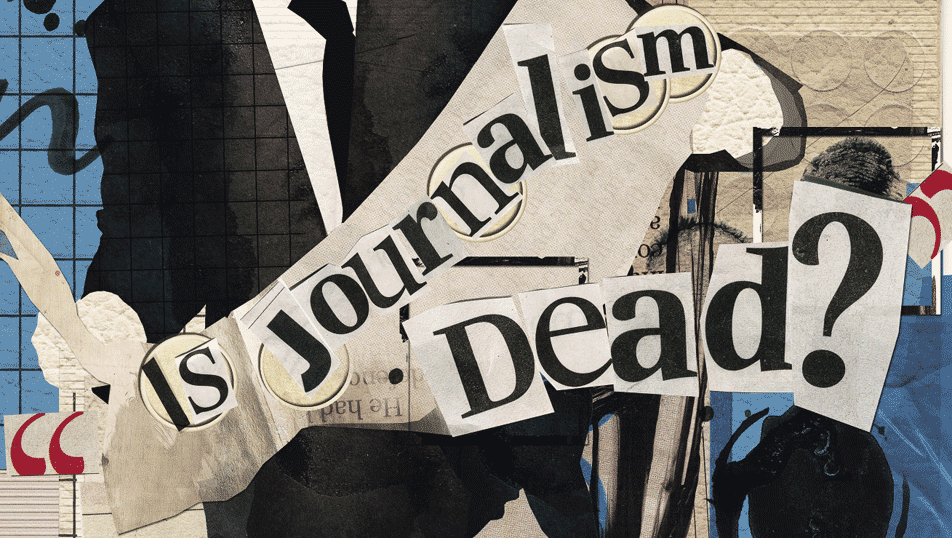Is the old system crumbling before our eyes? Are we witnessing the first labour pains of a new world? Is there an unspoken, collective awareness that knows we’ve passed a point of no return? It certainly seems like there’s no going back to the old normal, and clinging on to it for dear life will only prolong the birthing process (and pains) of the new paradigm.
What does the future look like for humanity? Will there even be a humanity? It’s easy to torment ourselves with negative visions of an apocalyptic nightmare, but we need to bring our attention and focus back to the heart and to focus only on the solution. So many are awakening to a very simple truth: we must get back to our wild roots, because ‘progress’ is not synonymous with ecocide, and there is great opportunity in chaos!
Our future is inextricably linked to the survival of the planet. It’s a symbiotic, co-dependent relationship; she nurtures us and showers us with gifts, and she wants – no, needs – us to reconnect with her and reciprocate that love. As botanist Robin Kimmerer puts it, ‘the exchange of love between Earth and people calls forth the creative gifts of both. The Earth is not indifferent to us, but rather calling for our gifts in exchange for hers – the reciprocal nature of life and creativity.’ Rather than hurting and pillaging Gaia through destructive systems made of power and greed, we should take on the role of steward and protector. Each human being has the freewill to choose a relationship with Gaia where we give as much as we take, and only ever take what we need.
It’s surprising how little we need to survive: water, shelter, warmth and food. None of this is complicated, and anything is possible with determination and patience – from the small things like chopping wood and growing your own vegetables, to the bigger projects like building your own straw bale home. But we don’t just want to survive, we want to thrive! We thrive when we are creative and feeding the soul with things it loves. We thrive when we have freedom to choose, which is not only a birthright, but a sacred Universal Law. We thrive when we give and receive love – to other people and especially to mother nature, by spending time with her and feeling humble and grateful and in awe of her presence.
If you have a sense of frustration, hopelessness, anger, resentment towards society, how about turning it into a worthwhile dream? What does your Utopia look like? Could you build it? Or is it already out there somewhere, just waiting for you to join? There are thousands of intentional communities all over the world. Someone just like you had a vision, got hold of some land, built something amazing, and opened it up to like-minded people to come and share their little piece of paradise. They had an intention to form a community, for whatever reason, and every time a community is formed, it makes a positive ripple of change in the world that can’t be underestimated.
Buckminster Fuller famously said: ‘You never change things by fighting the existing reality. To change something, build a new model that makes the existing model obsolete.’ We are in such a toxic relationship with consumerism that we’ve managed to convince ourselves that we can’t live without it. If the supermarkets ran out of food, if global inflation caused mass unemployment and homelessness, if your gas and electricity supplies and your access to water were cut, what would you do?
Our corrupt, archaic systems depend on us depending on them. Just imagine what would happen to the old system if enough people chose to live life in a new and natural way, having freedom and being self-sufficient in every way. The system would be defunct and crumble overnight. Capitalism needs us far more than we need it, and that’s where our power lies. Some would say that the most effective way to protest for change is to turn your back on this society, ignore it altogether, and build something wonderful that makes it unnecessary.
If you’d like to start your own community from scratch, there are ways and means of getting your hands on some cheap land, which is the most difficult part of the process. If money’s an issue, form a collective. If you do have some cash and dream of living in a forest, check out www.woodlands.co.uk and sign up to their email alerts – there are some serious bargains from time to time! We love this video too, which shows how you can use British common law to claim a free plot of woodland in your own local area. For those of you in the States, this video explains a different legal loophole allowing someone to buy land with no money.
Whether you fancy joining a co-existing tribe or setting up your own, the beauty is that there is an intentional community out there for everyone. If you care deeply about one specific issue, if you hold certain political ideals, if you follow a strict diet, if you are religious, if you’re atheist, if you’re LBGTQ, if you’re passionate about permaculture, the chances are there’s a unique place out there full of people like you. You can find listings and information for intentional communities all over the planet (including which are newly forming and which are open to new members) by visiting www.ic.org.

Sophie:
I seem to remember (obviously with that Anglo name 😉) that you are from GB, 🇬🇧 but it could be Ireland. 🇮🇪
You had a thing with Latin America. Right? Well unfortunately I you may remember are from Estados Unidos.
I will have a look 👀 at your WordPress. Other wise, I thought I’d say “It’s been a long time!